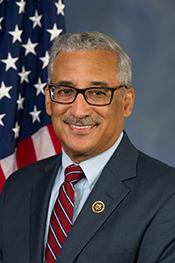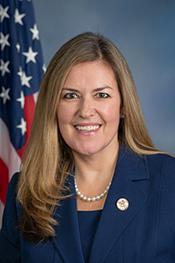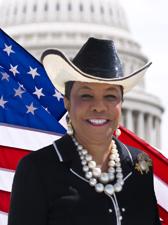0
Protecting the Right to Organize Act of 2019
10/28/2022, 1:45 AM
Congressional Summary of HR 2474
Protecting the Right to Organize Act of 2019
This bill expands various labor protections related to employees' rights to organize and collectively bargain in the workplace. Specifically, it
- revises the definition of employee, supervisor, and employer to broaden the scope of individuals covered by the fair labor standards;
- permits a labor organization to encourage participation of union members in strikes initiated by employees represented by a different labor organization (i.e., secondary strikes);
- terminates the right of employers to bring claims against unions that conduct such secondary strikes;
- permits the National Labor Relations Board (NLRB) to conduct economic analysis;
- allows collective-bargaining agreements to require all employees represented by the bargaining unit to contribute fees to the labor organization for the cost of such representation, notwithstanding a state law to the contrary;
- expands unfair labor practices to include prohibitions against replacement of, or discrimination against, workers who participate in strikes;
- makes it an unfair labor practice to require or coerce employees to attend employer meetings designed to discourage union membership;
- prohibits employers from entering into agreements with employees under which employees waive the right to pursue or a join collective or class-action litigation; and
- requires the NLRB to promulgate rules requiring employers to post notices of employees' labor rights and protections and establishes penalties for failing to comply with such requirement.
The bill also addresses the procedures for union representation elections. Among other changes, the bill
- prohibits employers from participating in any NLRB representation proceedings,
- requires employers to provide a list of voters to the labor organization seeking to represent the bargaining unit in an NLRB-directed election,
- compels employers to bargain with a labor organization that has received a majority of valid votes for representation in an NLRB-directed election, and
- provides statutory authority for the requirement that the NLRB must set preelection hearings to begin not later than 8 days after notifying the labor organization of such a petition and set postelection hearings to begin not later than 14 days after an objection to a decision has been filed.
The bill modifies the protections against unfair labor practices that result in serious economic harm such as the discharge of an employee. Specifically, the bill
- removes current limits on a court's ability to provide temporary injunctive relief upon a petition by the NLRB;
- expands the available remedies for employees subject to such harms to include two times the amount of actual damages (e.g., back pay), consequential damages; and punitive damages; and
- establishes a civil penalty in addition to any damage awards.
The bill further prohibits employers from taking adverse actions against an employee, including employees with management responsibilities, in response to that employee participating in protected activities related to the enforcement of the prohibitions against unfair labor practices (i.e., whistleblower protections). Such protected activities include
- providing information about a potential violation to an enforcement agency,
- participating in an enforcement proceeding,
- initiating a proceeding concerning an alleged violation or assisting in such a proceeding, or
- refusing to participate in an activity the employee reasonably believes is a violation of labor laws.
The bill also specifies procedures for adjudicating complaints, including, filing requirements, criteria for making determinations of violations, types of available relief, evidentiary guidelines, and judicial review of NLRB determinations.
The bill generally establishes penalties and permits injunctive relief against entities that fail to comply with NLRB orders and creates a private right of action for employees to bring claims against employers interfering with employees' rights to organize or join a labor organization.
Additionally, the bill modifies the reporting requirements for employers engaged in arrangements with third-parties to persuade employees not to organize. Specifically, the bill narrows the scope of the exemption for arrangements that are considered legal advice or representation.
The Government Accountability Office must analyze and report on comparative collective-bargaining practices in countries outside the United States.




